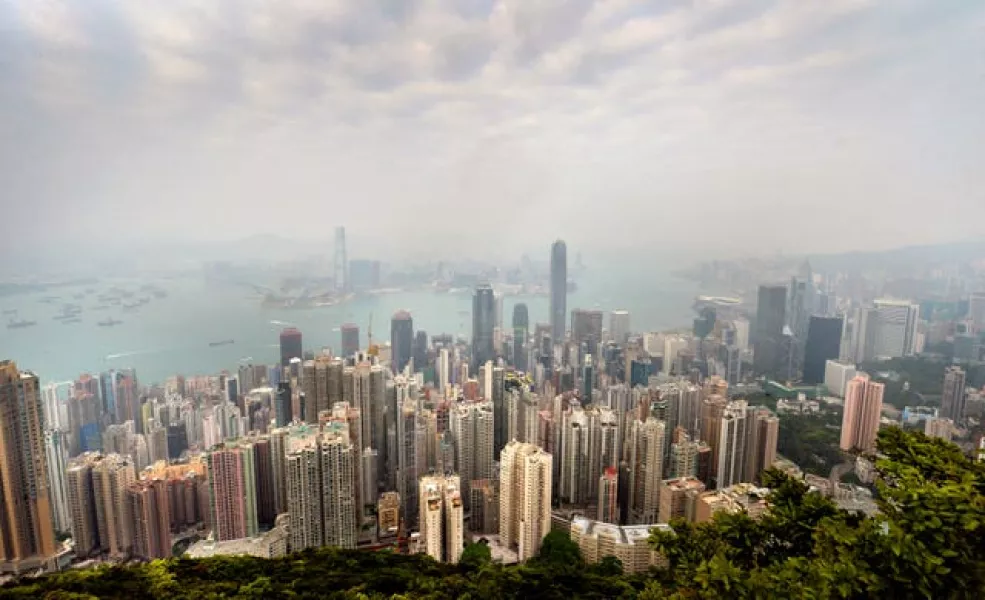A Chinese court on Wednesday sentenced 10 pro-democracy activists who sought to flee Hong Kong by speedboat to between seven months and three years in prison, in a case with major political overtones for the territory.
The Yantian District Court in the southern city of Shenzhen gave the harshest sentence to one of the two accused organisers of the ill-fated August 23 attempt to reach self-ruled Taiwan.
Relatives said all defendants pleaded guilty, a move apparently aimed at receiving lighter sentences.
The defendants are believed to have feared they would be prosecuted for their activities in support of Hong Kong’s pro-democracy movement.
Hong Kong media reports said at least one may have had a warrant out for his arrest under a tough new national security law imposed on the semi-autonomous territory by Beijing in June.

The court said it had held a private hearing for two underaged suspects and would not charge the them for illegally crossing the border even though they pleaded guilty.
Another organiser was given two years while other participants were given seven months in prison.
Relatives of the accused said they were prevented from hiring their own lawyers and that the charges were politically motivated. The defendants could have been sentenced to up to a year in prison for crossing the border and seven years for organising the trip.
They were picked up after entering mainland Chinese waters for crossing the maritime border without permission. While Hong Kong is part of China, travellers must still pass through immigration when going to and from the mainland, which surrounds Hong Kong by land and sea.

The sentences appear to be a warning to opposition activists against trying to evade enforcement of the national security law.
Hong Kong has already frozen assets and issued arrest warrants for several government opponents who have fled abroad, including to the UK, which governed the territory until the handover to Chinese rule in 1997.
Hong Kong was promised it would be allowed to maintain its separate political, economic and social systems for 50 years following the handover, including considerably greater freedoms of speech and protest than permitted in mainland China.
Critics say Chinese moves, including the imposition of the national security law, widespread arrests of critics and the cancellation of elections for the Legislative Council, have all but nullified that pledge.







